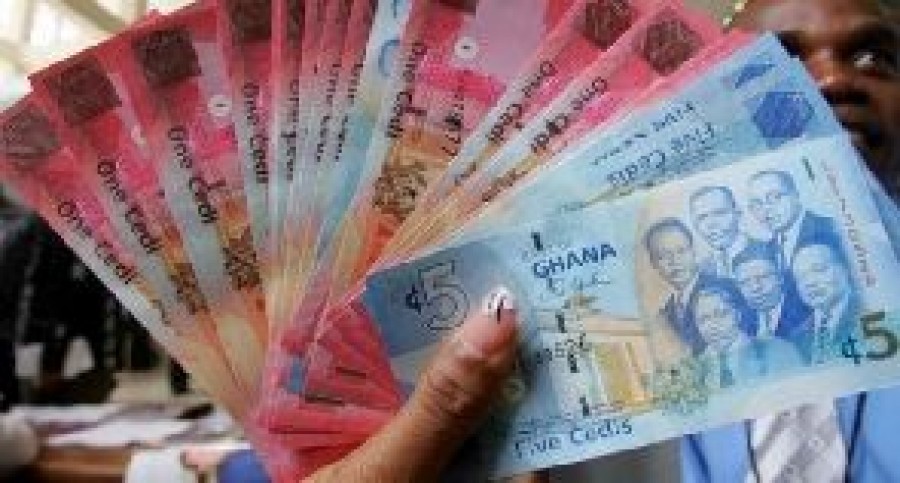The Ghana cedi in recent times has depreciated marginally against major international currencies, especially the US dollar, causing fears within the business community but Dr. Said Boakye, a Senior Research Fellow at the Institute of Fiscal Studies (IFS) says the currency is not weak as speculated.
Speaking at the Joy FM first Cedi Forum held at the Economics Department of the University of Ghana on the theme “Ghana’s depressing cedi depreciation: How do we stem the tide?”, the IFS Senior Fellow allayed fears the depreciation will lead to economic meltdown.
According to him, those criticising the government over the depreciation of the cedi must ask themselves the extent the currency has depreciated and appreciate the fact that there is improvement by the current government to stabilise the cedi.
“You’ve been making mention of the fact that the cedi is depreciating this year but the question is to what extent is it depreciating. You see downstream calculations, I’ve realised that from beginning of this year to the end of August the cedi has only depreciated to only 6.5 percent, only 6.5 percent. When at this time when we look at it from historical perspective, I’ve done calculations since 1993 to the present looking only at the first 8 months depreciation rate, then I’ve realised that the average stands at 11 percent. It therefore shows that this year’s depreciation rate is below average and the hullaballoo I don’t think it’s also necessary”, he noted.
“The reason is that the cedi is not that weak now but does it mean everything is fine? If it beats the average doesn’t it mean that it will be better, yes, of course, it will be better in the sense that there have been years that the cedi depreciation rate for the first 8 months has been much much lower. Iin fact 2005 for the first 6 months into 8 months it depreciated by only 0.4percent. When you get to 2010 for instance, for the first 8 months it depreciated by -0.1 in other words it appreciated. So even though 6.5 percent falls below the average, it could be better so if there’s a forum to discuss the cedi depreciation rate I think it is the right thing to do. Nevertheless, I don’t think the hues and cries of our cedi depreciation rate this year is necessary”, he added.
The sharp decline of the cedi against major trading currencies like the US dollar and British pound in recent times has become a concern for businesses.
Analysts have attributed the sharp fall to the exit of investors from emerging markets like Ghana.
From ¢4.42 to the dollar in January this year, the cedi is now valued at ¢4.78 to the dollar at the interbank rates but is trading at ¢4.94 at some forex bureaux in Accra.
This has resulted in a drop of 6.9 percent this year, more than the cumulative depreciation of 4.7 percent for the whole of 2017.
Although there is yet to be a shortage of the dollar on the market, the Central Bank says it will inject more of the foreign currency to stem the fall.
Source: ghanaweb.com
